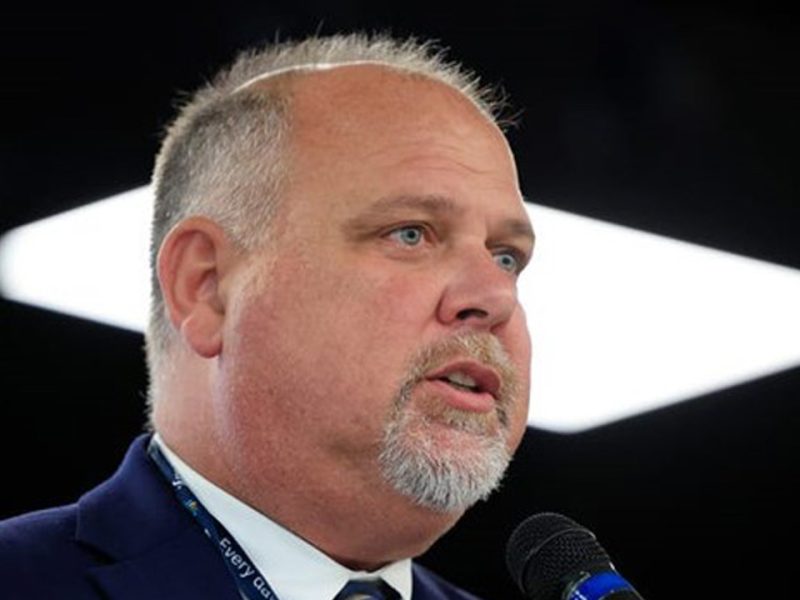Hillsborough County Schools highlight community partnerships to better help student mental health
ABC Action News | By Larissa Scott, Mary O’Connell | May 16, 2022
HILLSBOROUGH COUNTY, Fla. — Mental health issues continue to impact children and teens, now compounded by the ongoing pandemic. On Monday, the Hillsborough County School District highlighted the steps they’re taking to get students the mental health resources they need.
Studies by the Centers for Disease Control and Prevention show mental health issues continue to increase among students.
According to that data, in 2021, more than a third of high school students reported they experienced poor mental health during the COVID-19 pandemic, and 44% reported they persistently felt sad or hopeless during the past year.
The CDC reported that schools should provide mental health support for students.
Now, community leaders and agencies are working together to combat mental health issues as needs grow daily.
“We believe that COVID has been our pandemic. Mental health is our pandemic,” said Hillsborough County Schools Superintendent Addison Davis.
On Monday, Davis was joined by community leaders such as State Attorney Andrew Warren, Tampa Police Chief Mary O’Connor, and representatives from the Crisis Center of Tampa Bay, Gracepoint, as well as Safe and Sound Hillsborough to discuss proactive initiatives to fight mental illness in children and teenagers.
Davis said this needs to be acknowledged every single day and can’t be a bandaid approach.
“For us, we have leveraged the mental health dollars that the state of Florida has provided us to be able to provide more access to children, and with our mental health dollars, we’ve stood up additional resources in 100 schools to be able to further help, indirectly created such as a drop-in clinic mentality, where children have access to clinical experts and professionals to allow them to let their hair down, to pull the curtain, and to be able to address any issues they have to be able to be successful academically, socially, emotionally,” said Davis.
Davis explained they’ve worked hard to provide ongoing training and are doing everything they can to be able to identify early warning signs so they can have a better relationship with students and guide them in the right direction.
“These are proactive steps to have mobile response teams in front of our schools in partnership with Gracepoint to reduce the number of Baker Acts,” said Davis. “It’s really helping us save children, save their lives, and put them on a path for success.”
Community partners also shared the work they’re doing to get kids the help they need.
“Of the number of children that that team does intervene with, we’ve been able to divert half of the children, slightly over half of the children that we engage with from a Baker Act, a Baker Act screening, actual admission, to getting those kids engaged in traditional outpatient services and provide them services with their own provider,” said Joe Rutherford with Gracepoint. “For those children that do legitimately need to be Baker Acted, rather than those children being picked up, placed in handcuffs in a car, we work with one of our community partners, the Crisis Center, who provides the transport in an actual ambulance or the appropriate vehicle.”
Championing mental health awareness is a cause close to Lisa Acierno.
“She was brilliant. She was artistic. She was quirky,” said Acierno. “Nothing that you usually see portrayed as mental illness on TV.”
Acierno is President of Hailey’s Voice of Hope, a foundation they started following the loss of their 17-year-old daughter.
“With mental illness being pushed aside and not talked about, you don’t want it to be taboo because then these children aren’t finding out what resources are available to them if they feel like they can’t talk about it,” said Acierno.
While agencies continue to provide support, advocates remind those who are struggling that resources are available and help and healing are possible.
“Nothing will ever bring her back, but again, I think it’s just one of those things where when I see her again I want her to say that I did a good job and I helped somebody,” said Acierno.
People can call 211 at the Crisis Center of Tampa Bay for help 24 hours a day, seven days a week.






